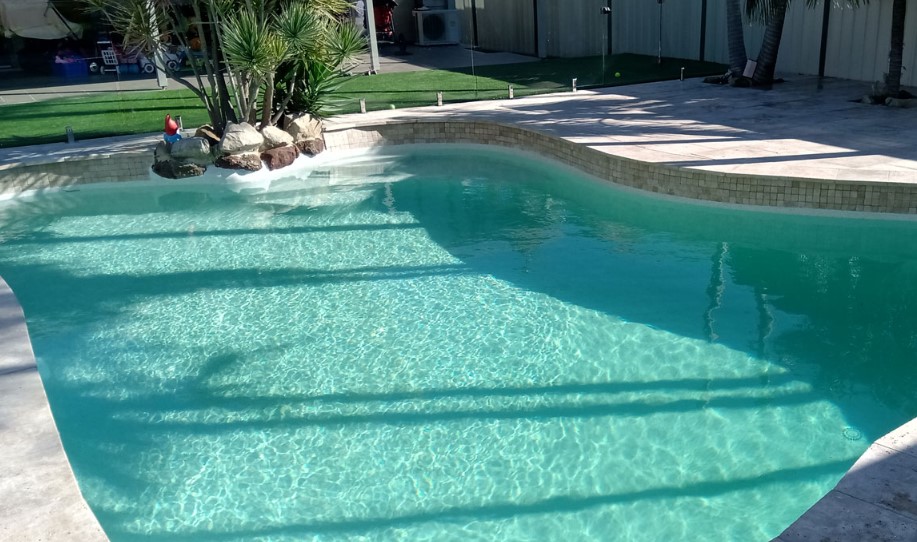
Understanding some essential plumbing tips can help homeowners address common plumbing issues and maintain their plumbing systems effectively. Here are eight plumbing tips that everyone should know:
1. Locate and Label Shut-Off Valves:
- Know the location of the main shut-off valve for your home’s water supply. In emergencies like leaks or burst pipes, quickly turning off this valve can prevent extensive water damage.
- Label other shut-off valves for specific fixtures (e.g., sinks, toilets) so you can isolate them when needed.
2. Prevent Frozen Pipes:
- Insulate exposed pipes, especially in unheated areas like basements, attics, and crawl spaces, to prevent freezing during cold weather.
- On particularly cold nights, allow a small stream of water to flow through faucets served by exposed pipes to prevent freezing.
3. Be Cautious with Drain Cleaners:
- Avoid using harsh chemical drain cleaners, as they can damage pipes and may not effectively clear clogs.
- Instead, use a plunger or a drain snake for minor clogs. For persistent blockages, consider consulting a professional plumber.
4. Fix Leaks Promptly:
- Address leaks as soon as you notice them to prevent water waste and potential water damage.
- Leaky faucets and toilets are common culprits; replacing washers or cartridges can often resolve the issue.
5. Avoid Overtightening:
- When installing or repairing fixtures, such as faucets or showerheads, avoid overtightening, as it can damage seals and threads.
- Use thread seal tape (Teflon tape) on threaded connections to create a watertight seal without excessive force.
6. Use Strainers and Screens:
- Install strainers and screens in sink and shower drains to prevent debris, hair, and food particles from entering and clogging the pipes.
7. Regularly Maintain Water Heater:
- Flush your water heater annually to remove sediment buildup, which can reduce its efficiency.
- Consider adjusting the temperature settings on your water heater to save energy and prevent scalding.
8. Know When to Call a Professional:
- While DIY plumbing fixes are possible for minor issues, recognize your limits. If you’re unsure about a plumbing task or the problem is complex, consult a licensed plumber.
- Hiring a professional ensures that the work is done correctly, preventing costly mistakes and potential hazards.
Bonus Tip: Conduct periodic plumbing inspections by a reputable Plumbing supply san Francisco. Regularly check for signs of leaks, drips, or water stains in your home, as well as unusual odors. Early detection can help you address plumbing issues before they become major problems.
By following these plumbing tips and practicing preventative maintenance, you can keep your plumbing system in good working order, conserve water, and potentially avoid costly repairs down the line.



